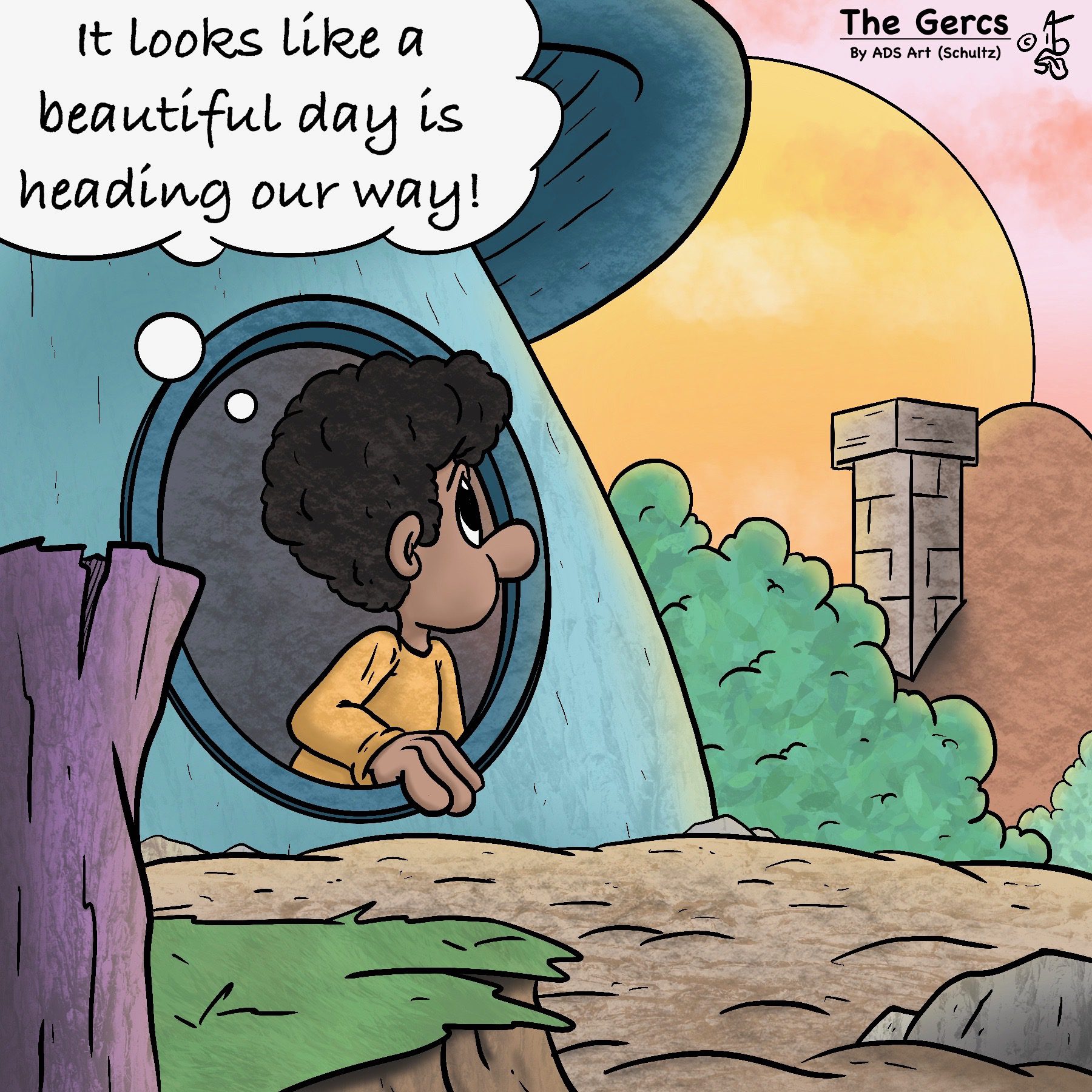By Malakai
The anxiety and depression rates among Generation Zers are higher than those of previous generations. The result of this is an increase in stress, anxiety, and hopelessness. COVID-19 has worsened mental health outcomes, disrupting education, employment, and socialization. Suicidal ideation is also influenced by academic pressures, financial instability, and relationship problems.
It’s no secret that suicide rates are on the rise among young adults, with suicide now the second leading cause of death for anyone between 10 and 34. According to Walton Family Foundation and Murmuration research, more Generation Zers have mental health issues than older people. Gen Z faces unique challenges in a world marked by political polarization, economic instability, and social media.
Here’s what I found: Gen Z (42%) is about twice as likely as Americans over 25 (23%) to battle depression and hopelessness. Gen Z is three times as likely (18% to 5%) as Americans over 25 to say their challenges are so severe that they think they might be better off dead. More than half of Zoomers (52%) know someone battling depression. 1 in 4 have someone close to them dealing with drug addiction. 1 in 5 people knows someone who has committed suicide.
By the time I was 9, I knew I was depressed, but wasn’t diagnosed until I was 18. Dealing with mental health problems is already challenging enough as it is, but dealing with it alone is almost impossible. My story could have turned out very differently if I had not sought help when I did.
Psychiatrists, parents, and teachers must recognize signs such as mood changes, social withdrawal, and talking about wanting to die. Counseling and therapy are crucial resources for mental health support. We should prioritize Gen Z’s mental health by encouraging open communication, promoting healthy coping mechanisms, and providing mental health services. Mental health problems are easy to fix, and suicide is preventable.
The issue is also that Boomers and Generation Xers treat mental health issues differently. We are at different times. Each generation has to change to keep their children and others mentally stable. Talking helps, but medication does not always help so if we tell you that medication makes us feel strange or like a zombie, do not ignore it. We also realize that our parents are not flawless and that we are all still growing. We appreciate that more mental health options are available and Boomers and Gen Z should consider getting help if they are dealing with unresolved issues.
Malakai is a Gen Z member, student, and TikTok social media influencer “Surreallt” and would speak about mental health if Boomers and Gen Xers gave Gen Z more opportunities. You can contact him at info@tncpnews.com.




